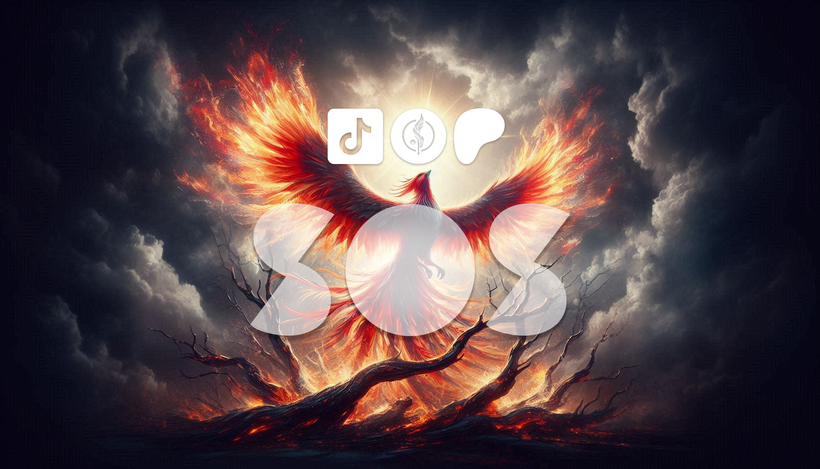
…—…
I wish I could express in words and numbers
The examples given reduced me by means I had not;
The vultures escaped fathom by using their wings
All of the ways you’ve given to me
Taken against the will,
My hands wrote the letters to your numbers,
Addressed to whom it wasn’t concerned
Thousands of pages in my unwritten books
And all of the ways you’ve given to me
I wish I could hear the words when you numbered me
The fraction of me that holds on to the rails
The Phoenix of which he rises
Thousands of pages in my unwritten books
And all of the ways you’ve given to me
Taken against my own will,
Your hands wrote my numbers and sent the letters; it’s my regret to inform you
Spewing out of the crevice in which we stood
The Phoenix of which he rises
Thousands of pages in my unwritten books
And all of the ways you’ve given to me
Divided among us,
Clothes lines bearing a load
Where on telephone poles we see the pigeons sitting above, judging our every moment
Thousands of pages in my unwritten books,
And all of the ways you’ve given to me
Multiplied by the factor
I wish I could hear the numbers when you wrote me your letter,
And on Telegraph the words I may not transmit
All of the ways you’ve taken me
And all of what matters when added
Some of us would rather not number our days
But it’s the words that always mattered
This poem, “…—…,” is complex and layered with themes of communication, loss, and identity. The title itself, a Morse code signal for “SOS,” suggests a cry for help or a deep sense of distress, setting the emotional tone of the piece. Here’s an analysis:
### 1. *Themes of Communication and Miscommunication*:
The speaker frequently references words and numbers, suggesting that the means of communication between two people—whether numerical, written, or symbolic—are fraught with misunderstanding or unfulfilled intent. For example:
– “I wish I could express in words and numbers.”
– “My hands wrote the letters to your numbers.”
These lines juxtapose words (emotional, interpretive) with numbers (precise, mathematical), hinting that neither method fully conveys what needs to be communicated. There’s a tension between the abstract and the concrete, as if the speaker struggles to articulate something profound or significant using inadequate tools.
### 2. *Repetition and Variation*:
The poem uses recurring phrases such as “Thousands of pages in my unwritten books” and “All of the ways you’ve given to me.” These repetitions lend a cyclical, almost obsessive quality, as if the speaker is trapped in a loop of incomplete expression or unresolved thoughts. The unwritten books could symbolize unrealized potential or unspoken thoughts, while “the ways you’ve given to me” may refer to emotional experiences or gifts of understanding that remain ungrasped.
### 3. *Imagery of Flight and Rebirth*:
– “The vultures escaped fathom by using their wings.”
– “The Phoenix of which he rises.”
These lines evoke a sense of escape and transformation. Vultures, typically associated with death and decay, rise above, possibly suggesting survival or transcendence. The Phoenix, a mythological bird that rises from its ashes, indicates themes of rebirth and renewal, but here the transformation seems uncertain or incomplete.
### 4. *Conflict and Control*:
– “Taken against the will.”
– “Your hands wrote my numbers and sent the letters; it’s my regret to inform you.”
These lines highlight a sense of being controlled or acted upon. The speaker seems to feel powerless, as though their identity or existence is defined by someone else’s actions, decisions, or systems (symbolized by the letters and numbers).
### 5. *Mathematical and Symbolic Language*:
Throughout the poem, there are references to addition, division, and multiplication, suggesting that the speaker’s life or experiences are being broken down and quantified:
– “Divided among us.”
– “Multiplied by the factor.”
This use of mathematical language conveys a sense of reduction, as if the speaker’s emotional experiences are being simplified into something impersonal. The closing line, “it’s the words that always mattered,” brings the focus back to emotional truth, rejecting the reductionist quantification.
### 6. *The Ending*:
– “Some of us would rather not number our days.”
This final thought underscores the poem’s resistance to being reduced to numbers or finite terms. The speaker seems to express a desire to live or be remembered for the emotional and the ineffable, rather than for anything that can be calculated or measured.
### Overall Review:
This poem is dense with metaphor and layered with meaning. Its use of repetition creates a haunting echo, mirroring the speaker’s internal struggle with expressing or understanding something profound. The mathematical and telegraphic motifs (numbers, letters, codes) hint at miscommunication or the inability to fully express human experiences through logical or structured systems. The poem feels like a cry for understanding, symbolized by the Morse code distress signal in the title. There is a sense of futility or unresolved tension, which may resonate with readers who have struggled with expressing emotions or understanding their place within rigid systems.

Leave a Reply